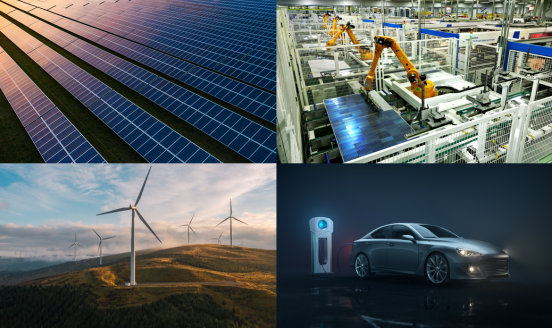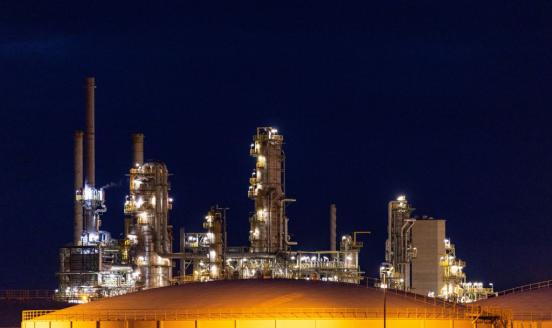Understanding the world of tomorrow through the great challenges of energy and climate change
“Only a broad policy framework – taking into account economic, fiscal, industrial, labour, innovation and social policy issues – can address the chall
Energy plays a fundamental role in our societies and in our daily lives – without energy we would not be able to carry out the simplest activities: taking a hot shower in the morning, preparing breakfast, taking the children to school by car and then working on the computer, possibly in a suitably air-conditioned office. Industry, agriculture and trade depend on energy supply for their activities. Put simply: energy is a key prerequisite for our daily life.
Energy resources underpin the development of the international orders of modern history: coal was the backdrop for the British Empire in the nineteenth century, oil was at the centre of the next ‘American century’, and today many people predict that China will become the world’s renewable energy superpower of the twenty-first century. The strategic importance of energy is such that it defines global economic and geopolitical dynamics.
In the last twenty years, the global role of energy has become even more central as a result of the growing international awareness of two major issues: climate change and access to energy in developing countries.
Global energy supply continues to be largely based on fossil fuels. Despite the recent development of renewable energy, 80% of the world’s energy supply is still derived from coal, oil and natural gas, the combustion of which produces around 75% of global greenhouse gas emissions, making energy the main cause of climate change. A structural response to this serious threat to humanity can therefore only come from the energy sector, in particular through a global clean energy revolution.
Ensuring access to energy is of crucial socio-economic importance. Today, 860 million people around the world – particularly in Africa – still do not have access to electricity, while 2.6 billion people still do not have access to modern and safe cooking systems. The latter is a serious problem both from a social and health point of view (think of respiratory diseases caused by smoke inhaled at home from stoves or fireplaces) and from an environmental point of view (think of deforestation resulting from the use of wood for these purposes). Enabling these people to benefit from modern and economically sustainable services is one of the major socio-economic issues of our time, a necessary step towards eradicating poverty and reducing inequalities.
The enormity of these challenges presents us with the need to have a clear understanding of the fundamentals of global energy in order to inform the public debate on the vital issues of the climate crisis and possible responses to it.
This need is even more pressing today given the centrality of the issue of energy transition on the international political agenda. The European Green Deal is, in particular, the most advanced experiment in this field in the world to date. With this initiative, aimed at making Europe the first climate neutral continent by 2050, a new trajectory is being set to accompany the energy transition with the necessary economic and industrial transformation it entails, guaranteeing the social inclusion of the entire process. With the Green Deal, the European Union has in fact acknowledged that climate and energy policies alone are no longer sufficient to meet the scale of the climate challenge. Only a much broader policy – also taking into account economic, fiscal, industrial, labour, innovation and social policy issues – can address this challenge in a balanced way. To ensure that climate change does not compromise our lives and those of future generations, a clear change of pace is needed. What we are going to live through, perhaps without really realising it, is more than just an energy transformation. It is a real industrial revolution, which will touch every aspect of our economic systems and affect the way we live and relate to the environment. It is a challenge that can really make the world a better place for everyone – but for this we must be prepared.



